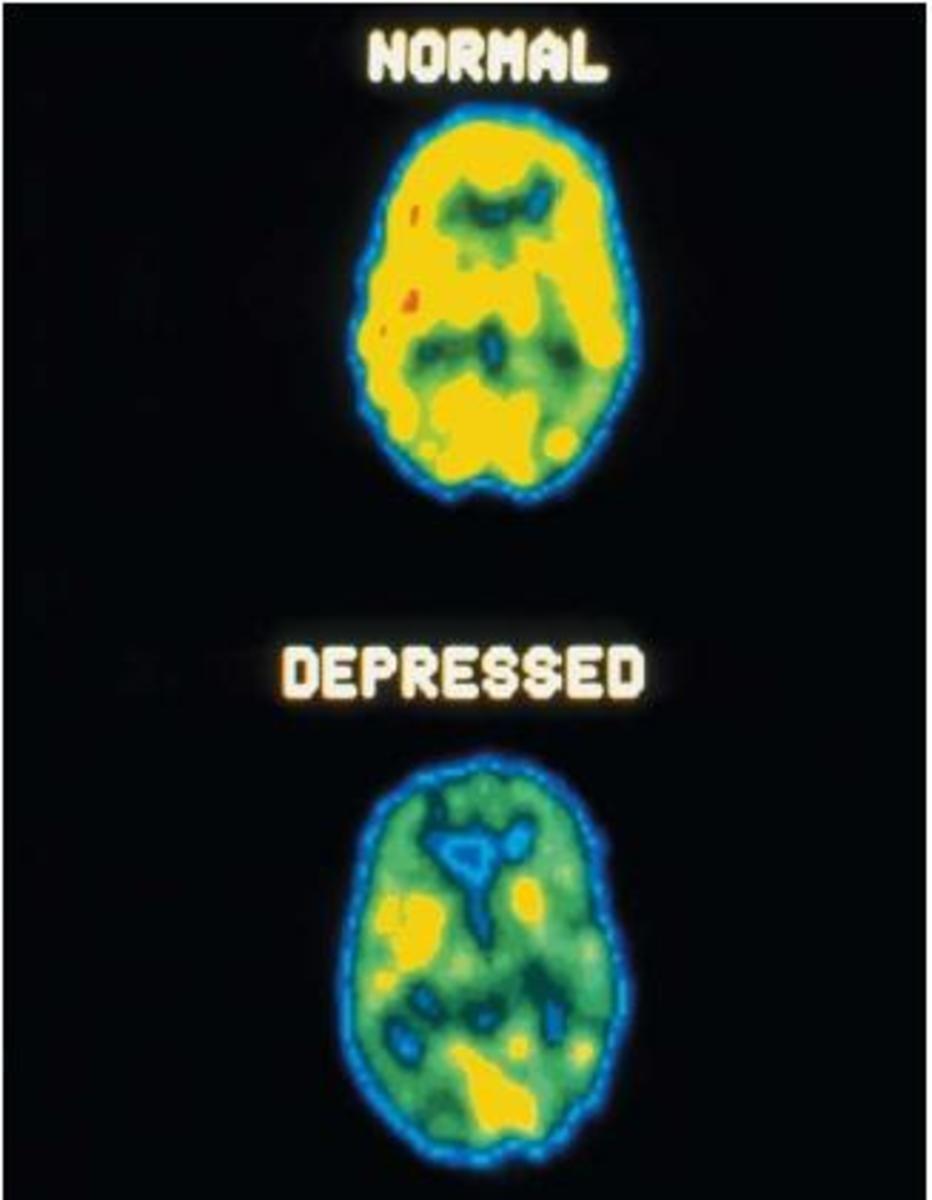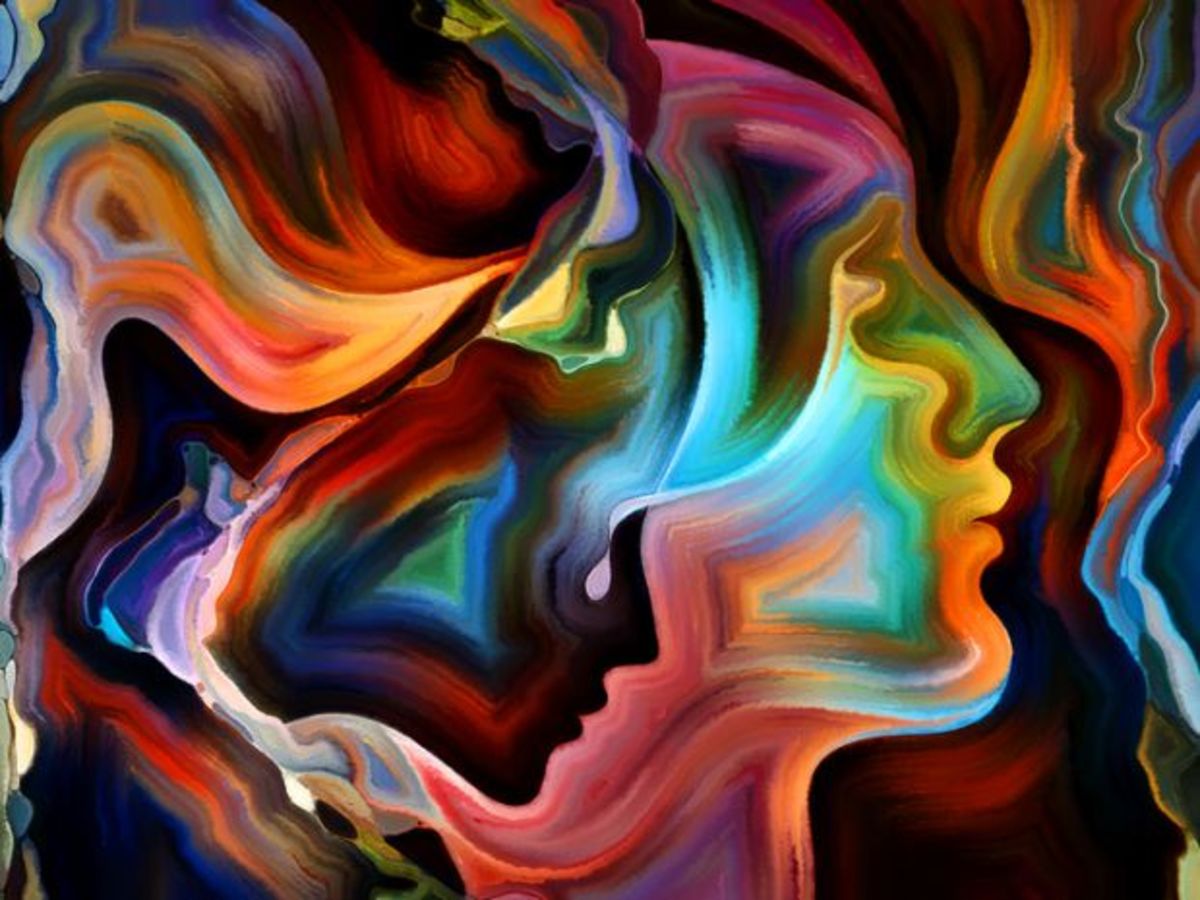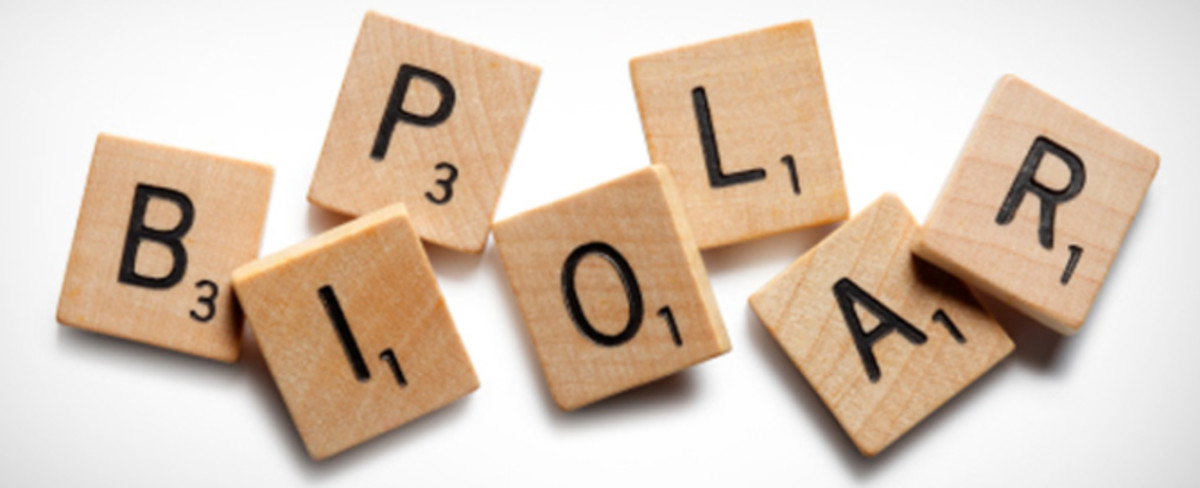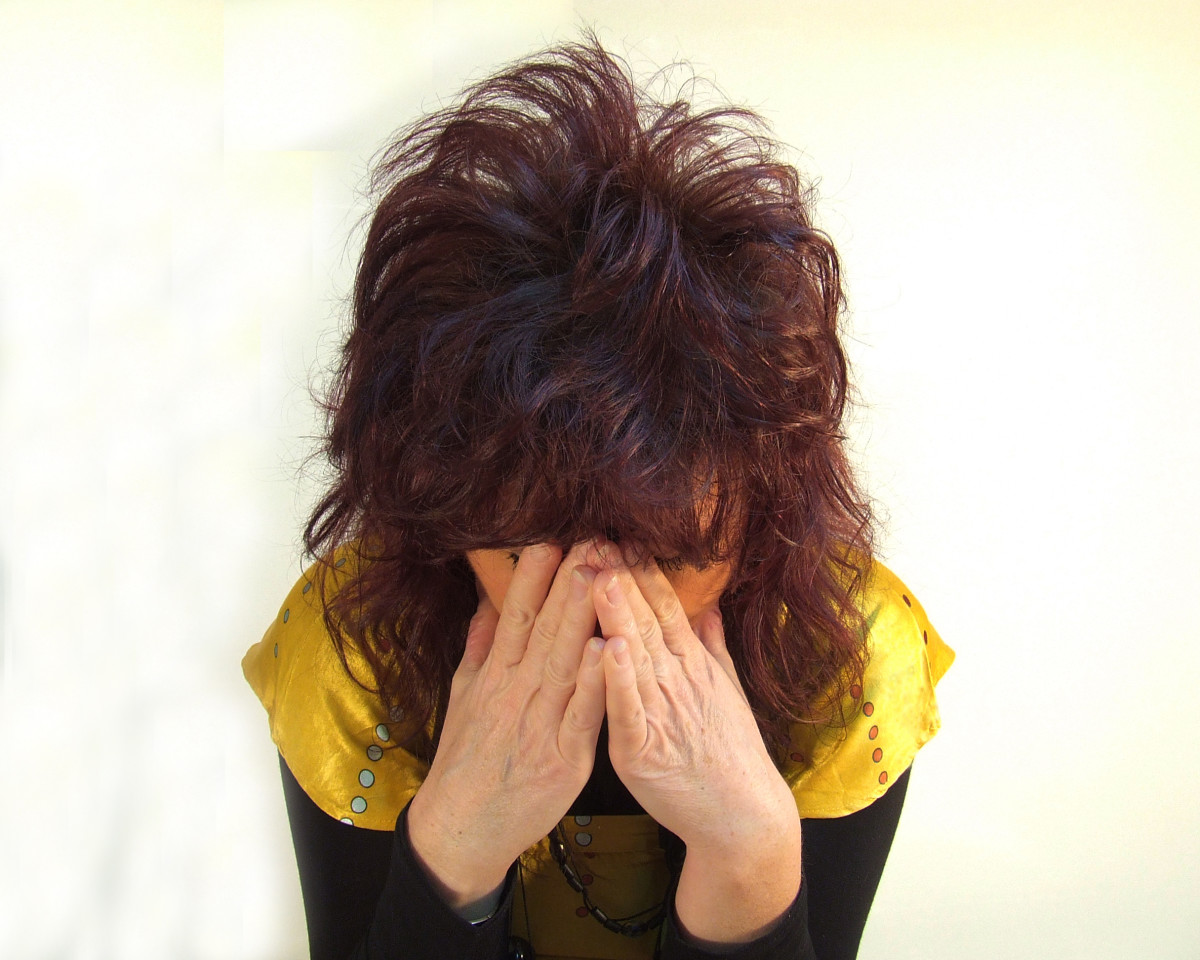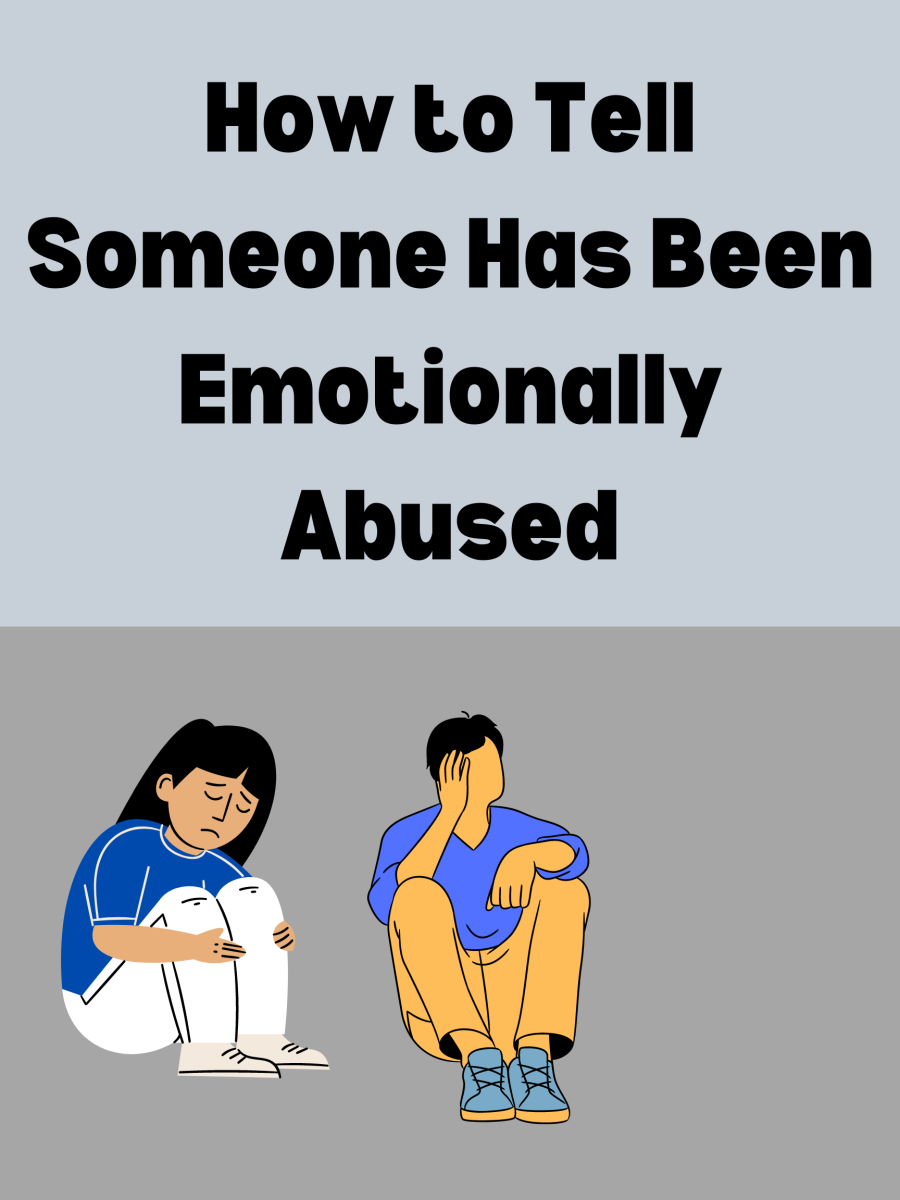Types Of Depression
We all go through tough times and feeling sad or low is as normal as the act of living itself. Feeling the gloom or going through a change of mood or simply feeling utterly hopeless and sad from time to time is natural and nothing is wrong about it.
However when the feeling of hopelessness and sadness gets into your system and does not go away and starts to control your action, interfering in your daily routines, then the condition is referred to depression.
A lot of people consider depression as an act of feeling low or sad but in reality depression is severe psychological disorder which has a lot more to it than just feeling low or sad. A depressed person not only feels sad but he feels dangerously hopeless, he feels unworthy and guilty and loses all the hopes to live and enjoy life.
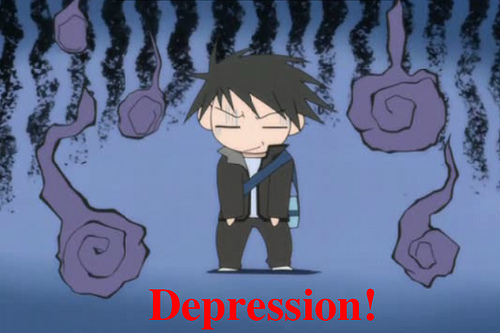
Where a normal person can cope with the sadness and has the ability to overcome it a depressed person cannot, no matter how much he tries, over come the feeling. He loses himself completely and if his condition is not controlled he can end up killing himself.
Unfortunately this dangerous disorder is very common and more than half of the world today is suffering from it, fortunately though, this disorder has a cure. Depression can now easily be treated even if detected at any stage.
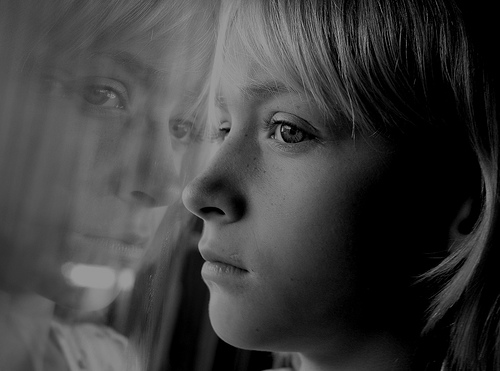
Depression In Teenagers
- Depression In Teenagers And Its Treatment
Depression is a very serious illness, which is sadly ignored by the people living in our society. Studies show that approximately four out of every 100 teenagers get seriously depressed each year.
The Different Types Of Depression
Depression has different categories which are differentiated on the basis of their symptoms causes, durations and effects.
In general, depression is recognized by a common symptom of constant gloom but each category of depression has different effects and involves different sets of behavior by the person suffering from it.
Clinical Depression
Clinical depression also known as the major depression occurs in episodes and lasts for about six to seven months.
The person suffering from major or clinical depression loses his ability to enjoy life and experience pleasure.
The symptoms of major depression are constant and they maybe moderate or severe. Some people might have only one episode of clinical depression in their lives while some go through its episodes from time to time.
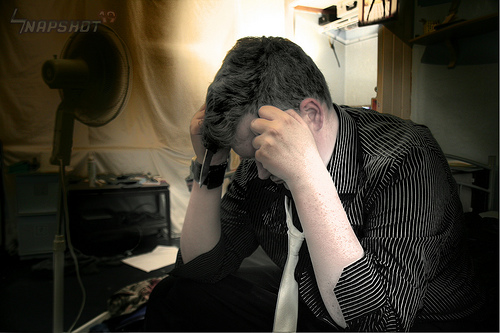
Other symptoms of clinical depression are : decrease or increase in appetite leading to severe weight loss or weight gain, lack of sleep or oversleeping, fatigue, feeling worthless, guilty and tensed all the time, having difficulty in thinking and concentrating and thinking a lot about death or suicide.
Major depression it self has many sub categories which include:
Atypical Depression
This includes episodes of depression alternating with episodes of good moods in which a person can feel happiness for some time.
Psychotic Depression
This includes symptoms such as hallucinations and delusions during episodes of severe depression.
Catatonic Depression
This includes loss of proper voluntary movement.
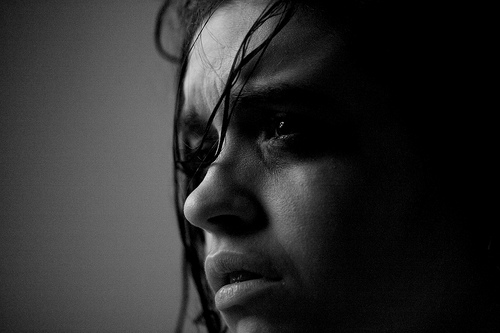
Schizophrenia
- Schizophrenia Symptoms, Causes And Treatment
Schizophrenia is a mental disease in which the person fails to distinguish between the real world and the imaginary one. People suffering form schizophrenia lose the ability to think logically and fail to have control over their emotions.
Dysthemia
Dysthemia or mild depression is less severe than the clinical or major depression but lasts longer, usually for two years. The person with Dysthemia suffers episodes of mild depression followed by some brief periods of normal mood.
But the normal mood does not last for long as it is soon replaced by dull low mood. This makes it very difficult for the patient to live a happy life and to experience happiness. People suffering from Dysthemia, due to their prolonged low mood feel that they have always been depressed and that is just the way they are.
Dysthemia is a less severe type of depression and may not result in the suicide of the person, however if it is left untreated for a long time it may reoccur as major depression or in other dangerous forms of depression.
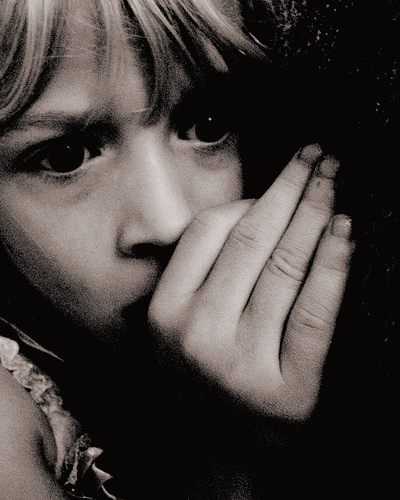
Manic Depression Or Bipolar Disorder
Manic depression or the bipolar disorder is a severe kind of depression in which the person undergoes alternating periods of mania and depression. The mania includes extremely dangerous behavior and it may last for more than a week.
After the mania phase is over the person immediately goes into a depression mode which also lasts for a week or even more. If the person is not treated at the right time, other symptoms such as hallucinations and delusions may also be observed.
The behavior of the person suffering from bipolar disorder during the mania phase can be dangerous for not only the person himself but for also for people living with them.
Sleep Deprivation (Insomnia)
- Sleep Deprivation
Deprivation means lacking of something. Sleep deprivation means sleeping disorder fallout as lack of sleep.

